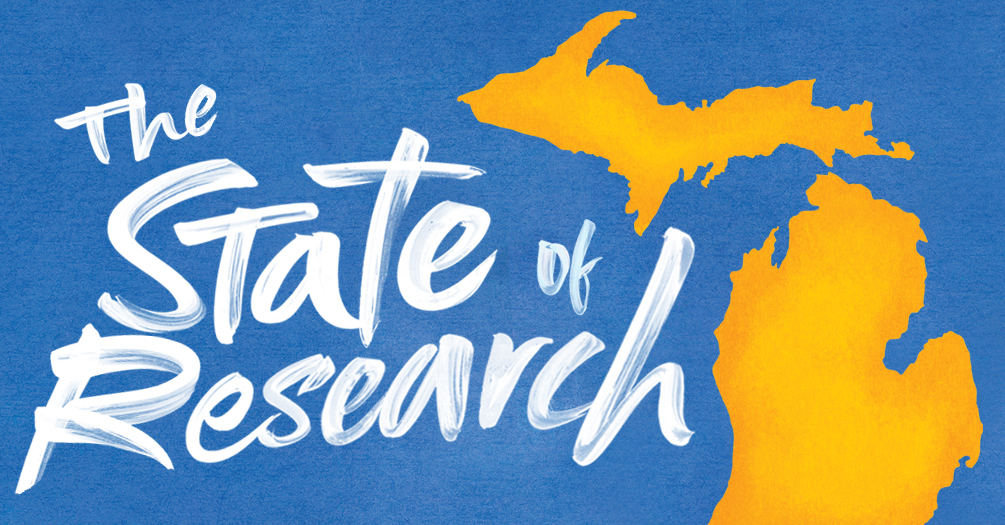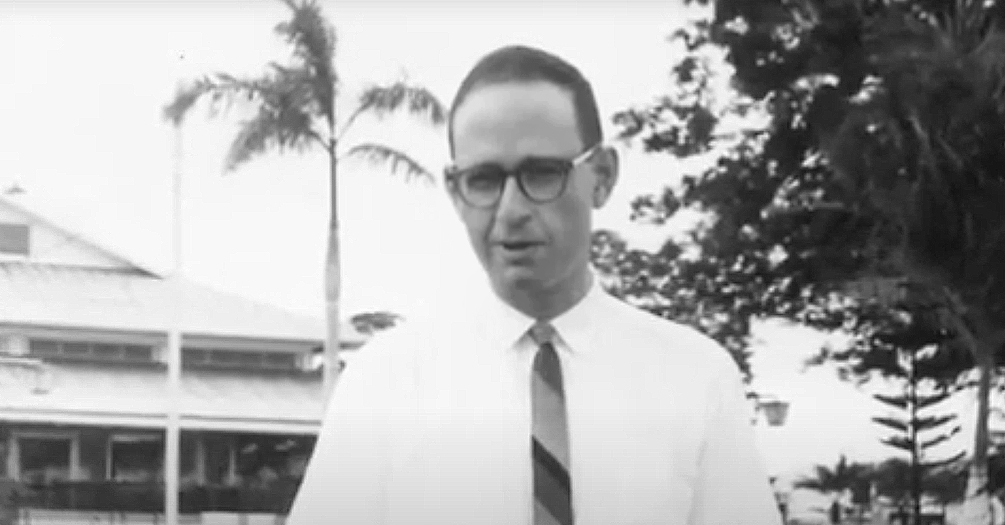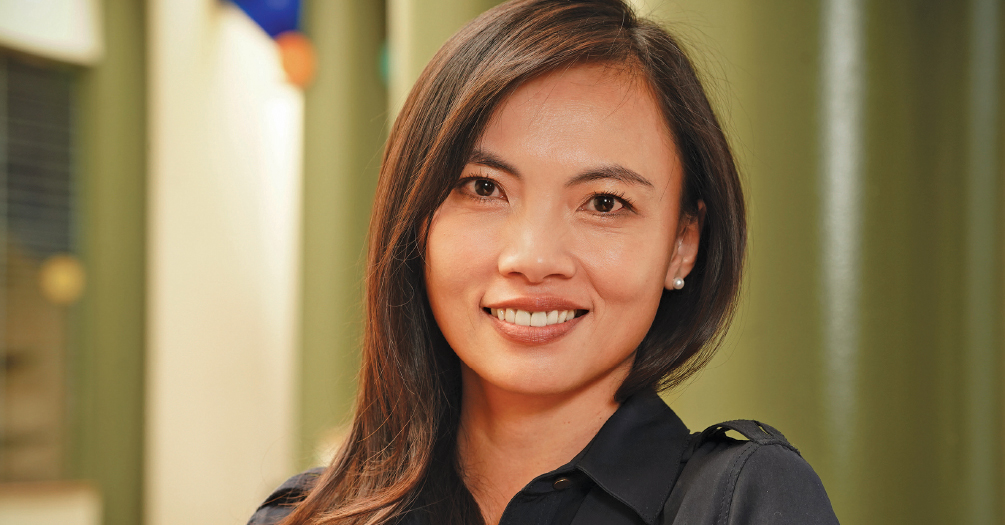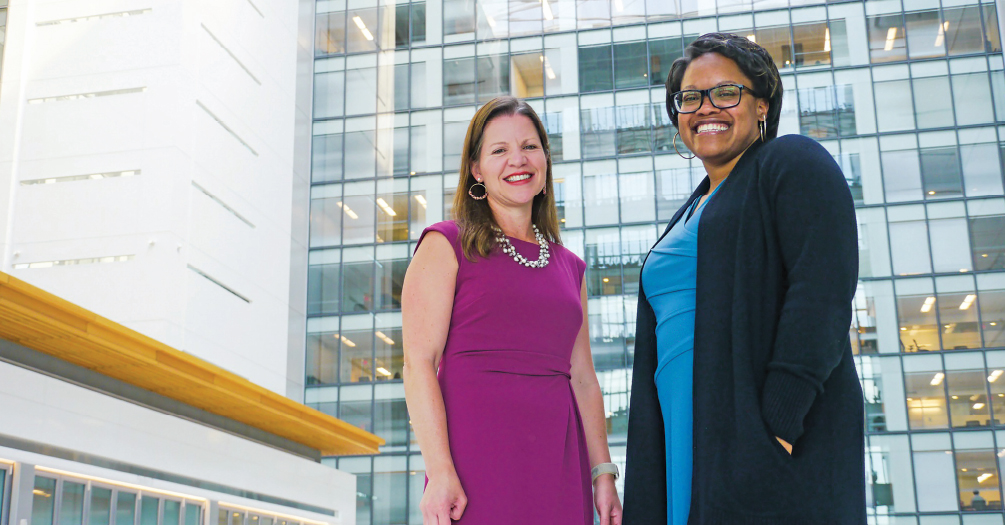
Test Page
The commitment to public health begins right here in Michigan
The University of Michigan stands out as a premier public research institution and, within it, the School of Public Health is recognized as an epicenter of innovative research and excellence in education. Last year, Michigan Public Health topped $100 million in research expenditures, boasting the highest research expenditure per faculty member across the university.




